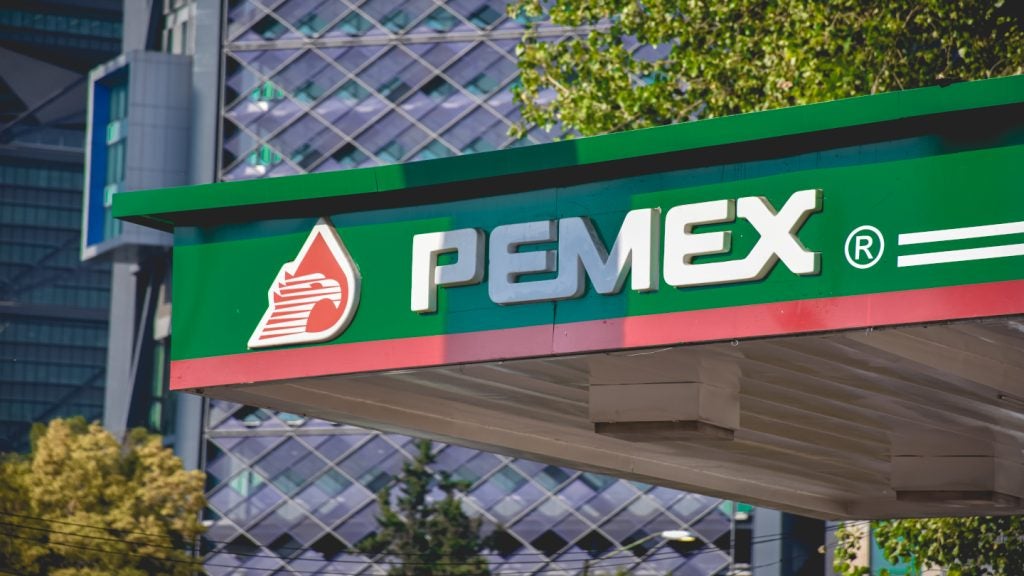The alignment of corporate strategy with global goals to limit climate change has been one of the major themes highlighted by major international oil companies in their latest results announcements.
Environmental groups have highlighted the perceived inconsistency between the production growth plans of major oil companies and the need to reduce the use of oil and gas to limit global climate change.
A high proportion of cash flows come in the initial years
International oil corporations are planning strong oil and gas production growth despite risks of long-term demand reductions. The risk to majors is mitigated by the fact that the bulk of their portfolio value comes from near-term revenues. Although oil and gas fields generally produce over a long period of 20-30 years, the declining nature of production means that a high proportion of cash flows come in the initial years.
The industry is now placing more focus than ever on short-cycle projects
The cost of capital in the industry is above average, with a discount rate of 10% generally used for upstream valuations, placing greater emphasis on near-term cash flows. Additionally, the industry is now placing more focus than ever on short-cycle projects that can repay investment quickly, whether this is new wells in unconventional plays or phased developments for deepwater discoveries. These factors mean that across all the supermajors’ portfolio of existing fields and upcoming projects, over 50% of the net present value comes from cash flows up to 2025, while 80% or more comes from cash flows up to 2030.
Increments of supermajors’ upstream portfolio value to 2025 and 2030

Source: Upstream Portfolio Valuation Tool, GlobalData Oil and Gas
How well do you really know your competitors?
Access the most comprehensive Company Profiles on the market, powered by GlobalData. Save hours of research. Gain competitive edge.

Thank you!
Your download email will arrive shortly
Not ready to buy yet? Download a free sample
We are confident about the unique quality of our Company Profiles. However, we want you to make the most beneficial decision for your business, so we offer a free sample that you can download by submitting the below form
By GlobalDataThe design of fiscal regimes also limits the exposure to long term risks for operators’ major investments. In order to incentivise new developments, many governments have designed fiscal terms that allow companies to rapidly recover their investments through accelerated tax allowances, cost recovery under production sharing agreements, or other mechanisms that improve cash flows in the first years of production.
Fast payback periods for major projects coming on stream in the 2020s limit the risk posed to these investments by potential demand reductions. Even if significant demand declines occur in the medium term, older fields may be at greater risk of shut-in due to increased tax burdens and tighter cash flows. As we look to the longer-term energy transition, majors’ recent investments in renewables and battery technology suggest that returns from the current growth projects may fund cleaner investments in future.









